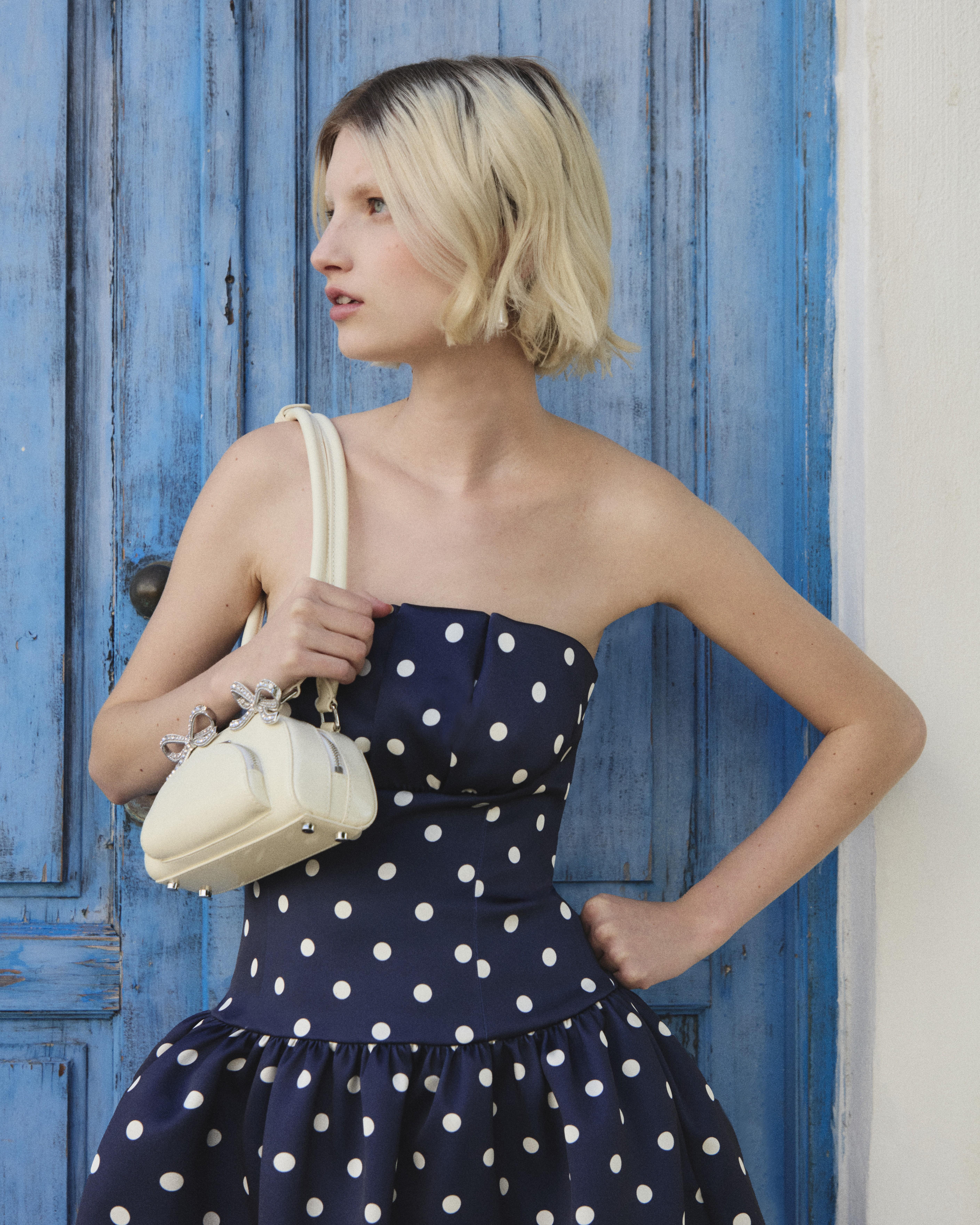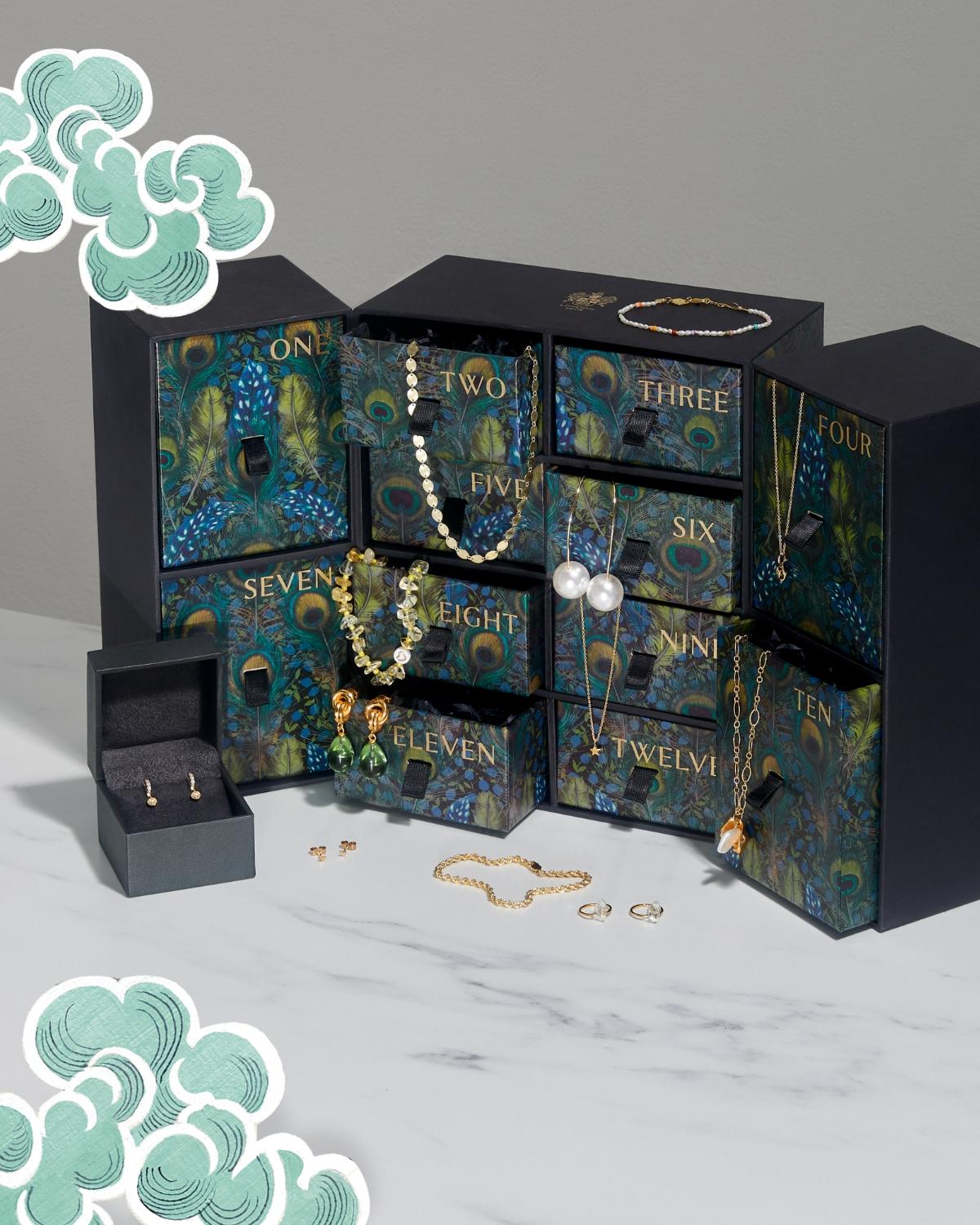Getting to Grips With Gratitude
Creator Francesca Geens enlightens us on ways to nurture curious little minds.
Read more
Getting to Grips with Gratitude
Creator Francesca Geens enlightens us on ways to nurture curious little minds
Setting the standards for self-care, creator of emotionally educative journal, HappySelf, Francesca Geens encourages kids to ditch digital and return to pen and paper. By fostering healthy habits and enabling children to articulate their rollercoaster-like feelings and express gratitude by way of doodles, quotes and emojis, it’s no surprise that the mum-of-two’s trailblazing journal has received frenzied veneration among parents and teachers alike. We caught up with Geens to talk self-care, social media and the importance of screen-free time.
What motivated you to create the HappySelf Journal?
I was fed up of reading daily reports in the press about how our kids are growing up stressed and I really wanted to do something to help children develop healthy habits as they grow up in this increasingly busy and switched on world.
In my productivity consultancy, I have seen a return to pen and paper, a rise in journaling (and witnessed the benefits of this myself) and adults striving to improve their digital resilience, tackle distraction and improve their daily routines with journaling, mindfulness and science backed techniques, proven to increase happiness. I suddenly wondered why we don’t help our children learn these skills earlier in life?
That’s what I set out to do in the journal, which is aimed at children aged six to twelve and is based on scientifically proven methods that promote happiness, develop healthy habits for life and foster enquiring minds. I designed it because it’s what I wanted my own children to have access to and couldn’t find anything like it.
What does self-care mean to you and how do you make time for it?
Self-care is really important, and I’m so pleased this topic is more in the open now. For me, it means taking time out for myself to recharge, rest and enjoy activities away from work. Part of it comes from a daily routine which involves getting up before the rest of the family to meditate, journal and read. The rest gets scheduled into my working day, by blocking out time to watch the kids play matches or making time for exercise. I make sure that the time I spend working is focused and productive so that I can schedule self-care into my week.
How does the HappySelf Journal work?
It takes the concept of journaling and makes it accessible to children. Fully illustrated with a simple structure, the children fill out a page every day. Just a few minutes, often at bedtime, allows them to reflect on their day and process it in a positive way.
The daily page includes a quote, gratitude practice - asking them to record their ‘top three things’ of the day - and an emoji of the day which encourages them to think about how they have been feeling without needing to use words. The last section on the page varies between checklists of positive activities, challenges or prompts like writing your own affirmation or quote of the day. There is little writing involved, which helps to generates lovely and meaningful conversations whilst encouraging a positive mindset.
There is also a section at the start of the journal which encourages emotional intelligence and a sense of self. Journaling has been shown to have lots of benefits including improved sleep, mental wellbeing and physical health. I love getting messages from parents telling me about their child’s increased positive mindset, improved behaviour, lovely bedtime conversations, better sleep and how they are getting new insights into what’s going on in their children’s days and minds.
I was fed up of reading daily reports in the press about how our kids are growing up stressed and I really wanted to do something to help children develop healthy habits as they grow up in this increasingly busy and switched on world.
How does the journal promote a growth mindset, positivity and gratitude in children?
The journal uses science-backed techniques proven to support happiness, as well Prof Carol Dweck’s growth mindset principles which are being introduced at schools. Keeping a gratitude journal, is one of the most well-established happiness practices. Research has shown that practising gratitude through a journal increases a sense of happiness, as well as a range of physical, psychological and social benefits including stronger immune systems, higher levels of positive emotions and being more considerate, generous and compassionate.
Mindfulness, or the ability to stay in the moment, has been linked through numerous studies to psychological and physical wellbeing. It can positively affect our brains, making the areas dealing with empathy, memory and emotional regulation more interconnected. The result is less stress, better sleep and more attentive behaviour. The simple act of journaling is itself an exercise in mindfulness.
Diversity of emotional experience is also scientifically linked to happiness and dispels the myth that happiness equals a perpetual state of positive emotion. Cultivating self-awareness and allowing children to show true emotions is therefore beneficial. The journal supports this in many ways by prompting children to think about their emotions on a daily basis.
Besides the HappySelf Journal, how do you encourage positive expression, habits and mindfulness with your own children?
We all share our ‘top three things of the day’ at dinnertime, use the headspace app (it has a great kids’ section), spend plenty of time outdoors and make sure we have enough ‘switch-off’ time and free time to relax without scheduled activities.
What are your favourite things to do as a family?
We live in beautiful countryside and love going out on our mountain bikes or for walks – preferably followed by cake and a cup of tea!
Do you and your family have ‘screen-free’ time at home?
Yes absolutely. This is something we feel very strongly about at home. Devices are never allowed in bedrooms and if the kids are on a screen, they need to be in a room with either myself or my husband. We try to encourage the children to be very mindful with their use of technology. It’s important they know how to use it safely and enjoy the benefits within some very clear boundaries. My children are currently nine and thirteen, so we regularly review what’s appropriate for each of them. I’m also very conscious of my own screen time and the need to switch off. We regularly have family switch-off days or even entire weekends where none of us are allowed any devices.
Research has shown that practising gratitude through a journal increases a sense of happiness, as well as a range of physical, psychological and social benefits including stronger immune systems, higher levels of positive emotions and being more considerate, generous and compassionate.
What effect do you think social media has on mental health in young children today?
There are so many conflicting opinions about this in the press. Much will depend on age, how much time a child is spending online and what they are exposed to. I think as parents we need to make sure we keep talking to our children about these issues, help set healthy boundaries and educate them about the pros and cons. There can be much good about interacting positively with your friends on social media but also plenty of negatives – the oversharing, the need for ‘likes’ and FOMO which comes with it. I think it’s something that can quickly spiral out of control and as parents we need to stay on top of it which isn’t always easy.
Do you have any advice for parents?
I think there is much to be said about leading by example. If you want your kids to use less tech or to be more mindful with their use of screens, then they need to see us doing this too. Same with reading. I now make a point of getting a physical newspaper so the kids see us reading, rather than getting our news from a phone app. I also make sure they get weekly and monthly printed subscriptions like The Week Junior and Aquila magazine so they can develop this habit themselves. I think as parents we also need to get used to adding wellbeing to our family budget – whether it’s investing in yoga or mindfulness sessions for our children, or one-to-one time with a counsellor. There is much to be said about empowering our children with the skills they need to help themselves. These things are just as important as swimming or music lessons and skills they will carry with them for life.
There can be much good about interacting positively with your friends on social media but also plenty of negatives – the oversharing, the need for ‘likes’ and FOMO which comes with it. I think it’s something that can quickly spiral out of control and as parents we need to stay on top of it which isn’t always easy.
Can you tell us about the Curious Parent podcast?
I started this podcast because I wanted to explore how we can best prepare our children for the world ahead. When we read daily reports of this generation growing up more stressed than ever, there is so much more needed than a traditional education can provide. In Season 1, I talk to guests about topics like resilience, exam stress, positive mindset and our relationship with technology. All the episodes are short and filled with practical tips because I know how busy parents are!
Have you got any exciting projects coming up?
I’m working on the teen version of the journal and once I have that out I’ll start working on follow-on editions as well as different languages - plenty to keep me busy!
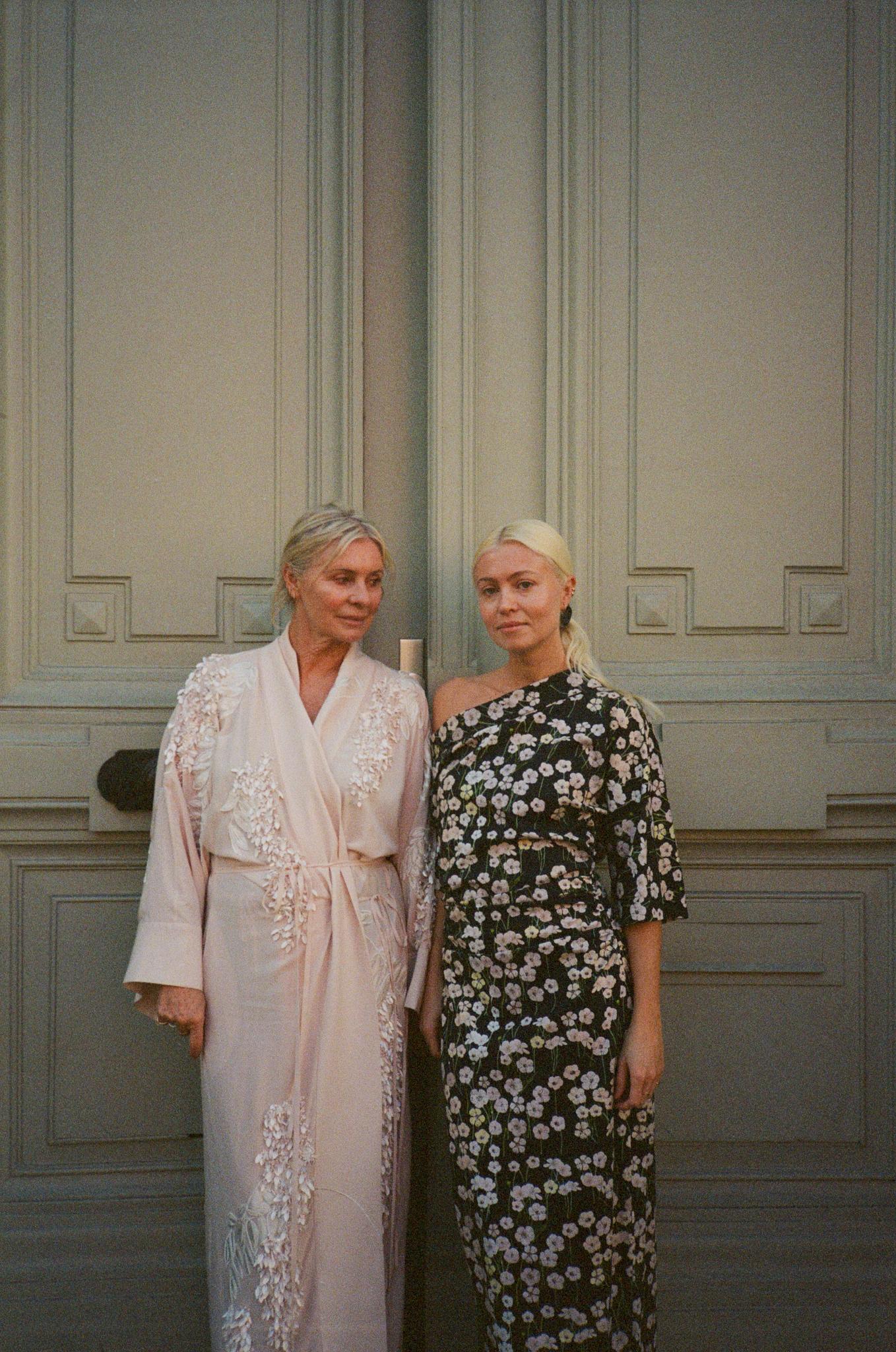





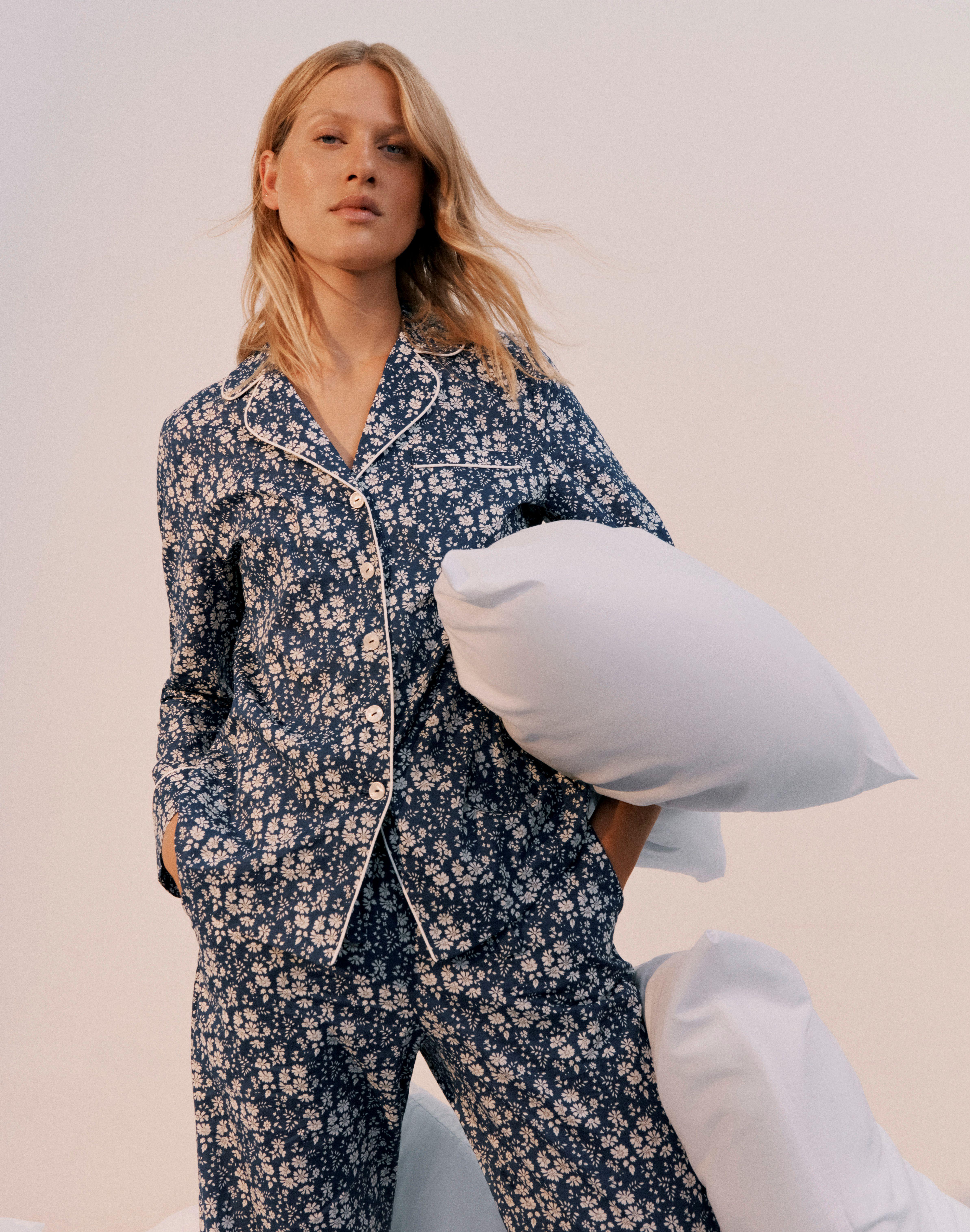



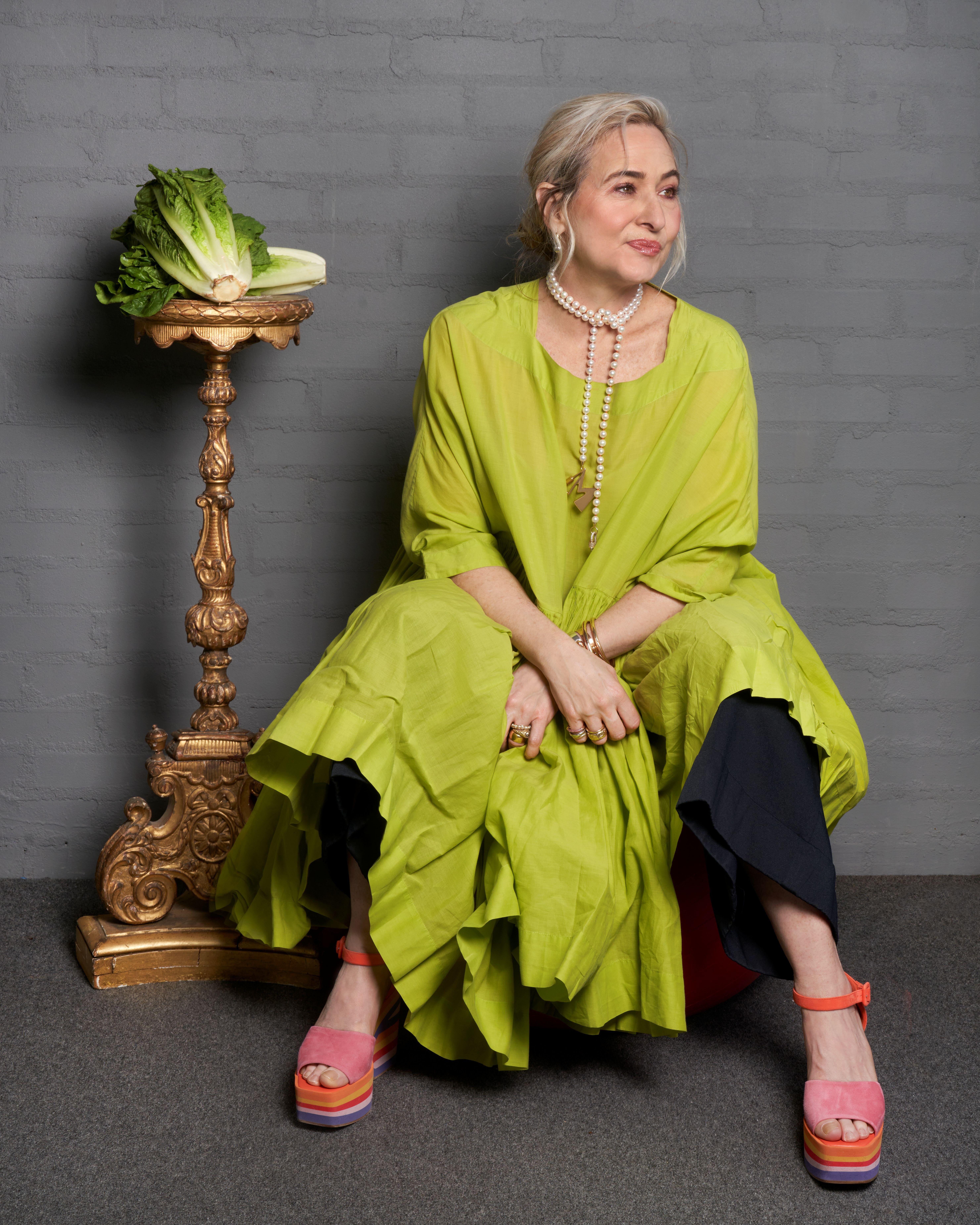
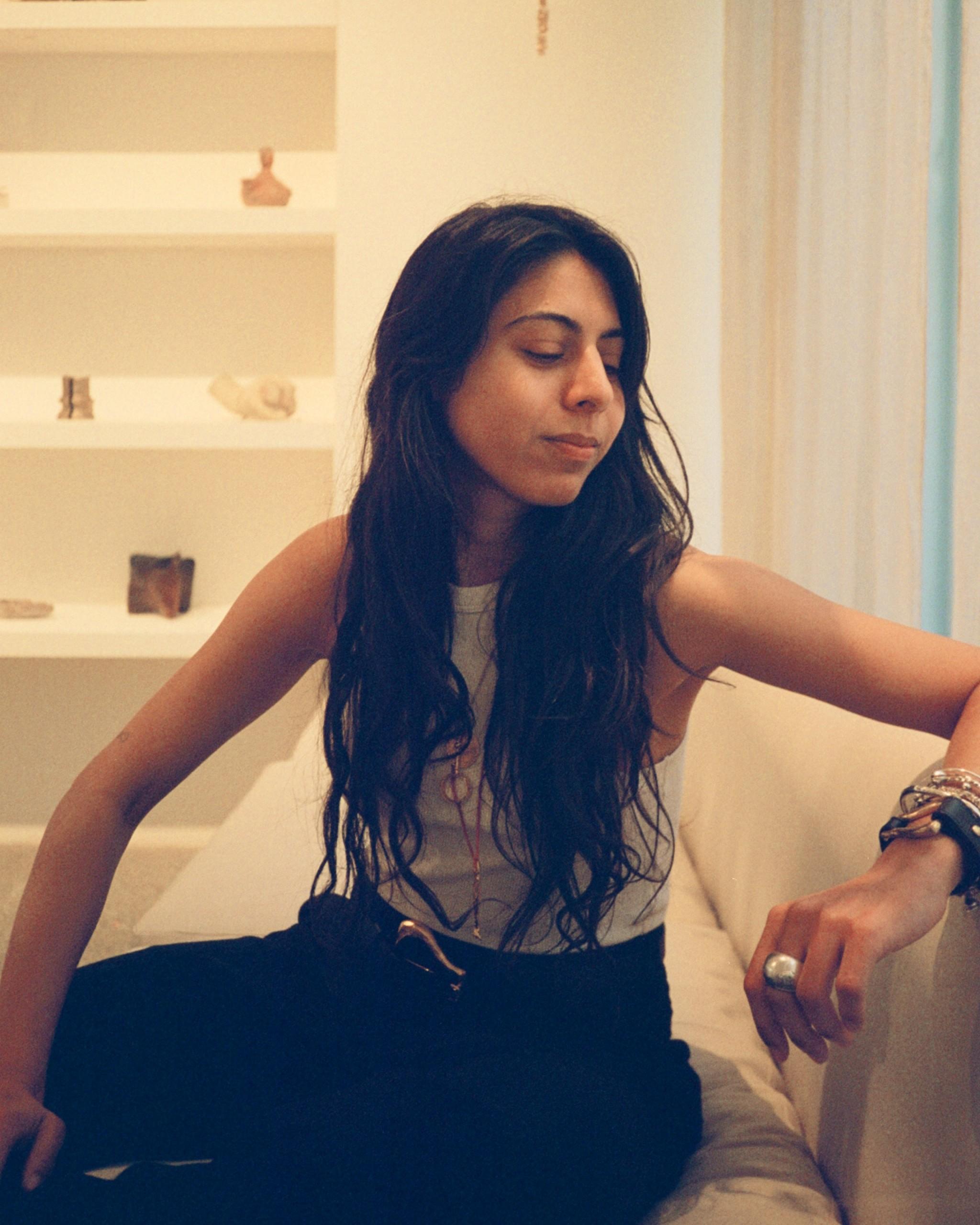


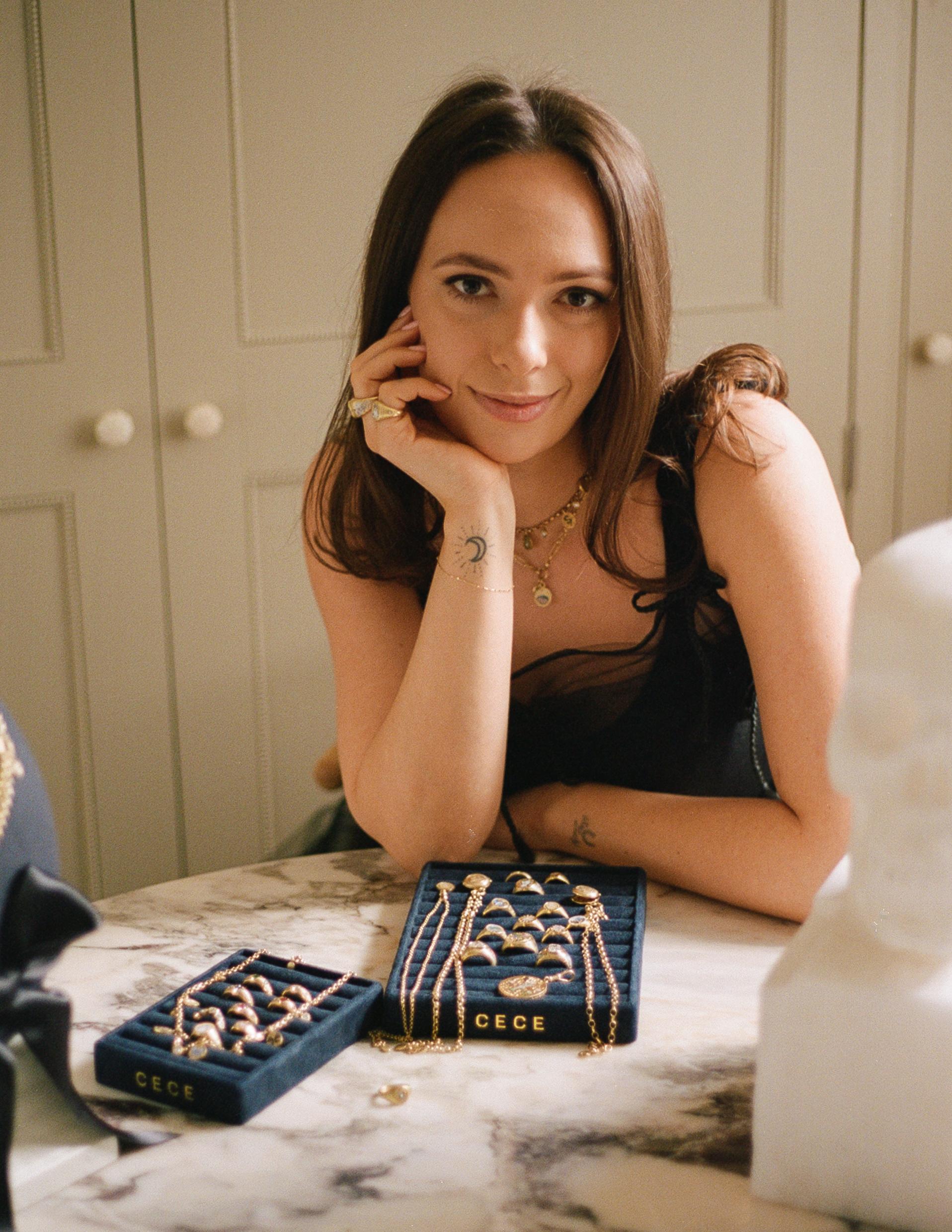
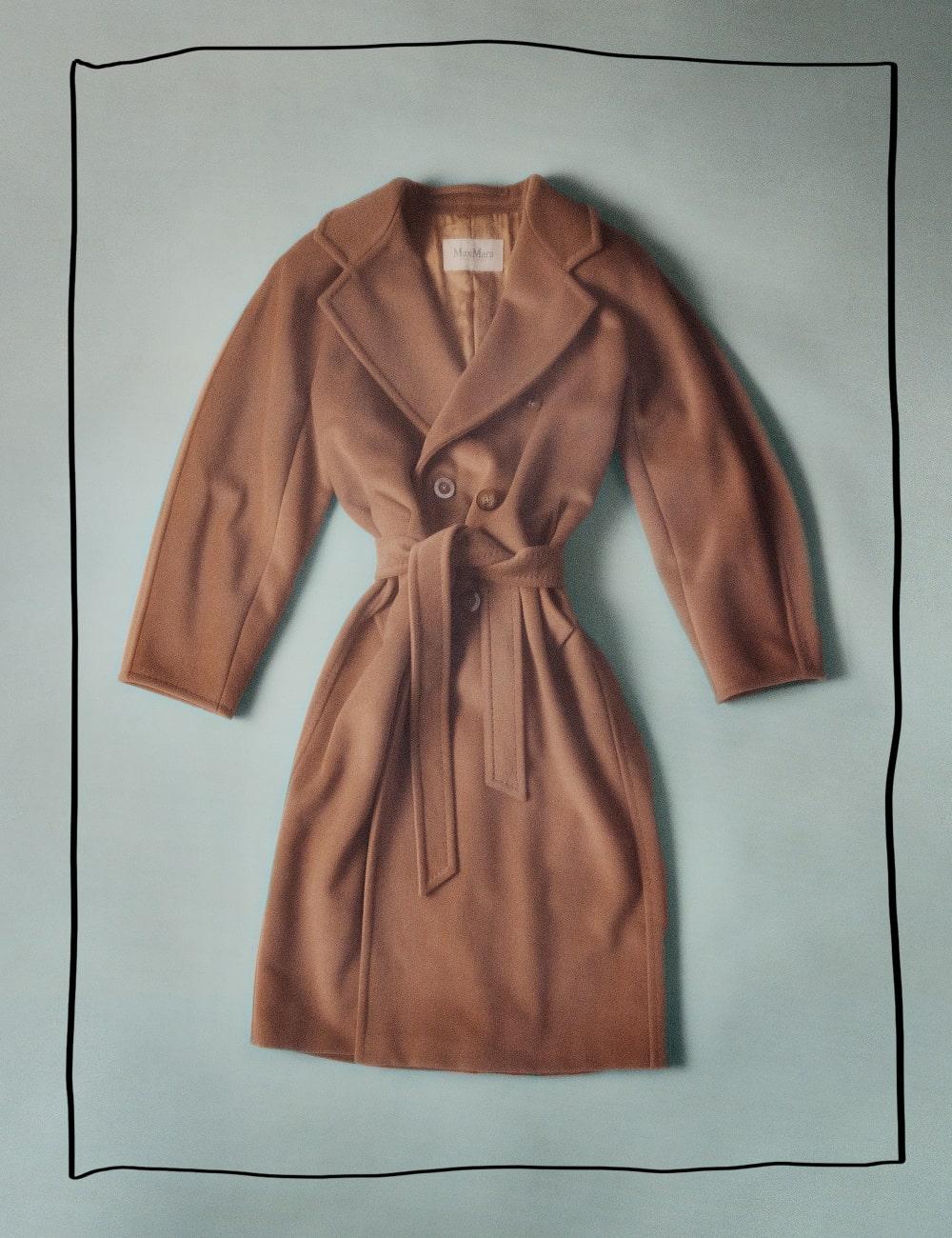
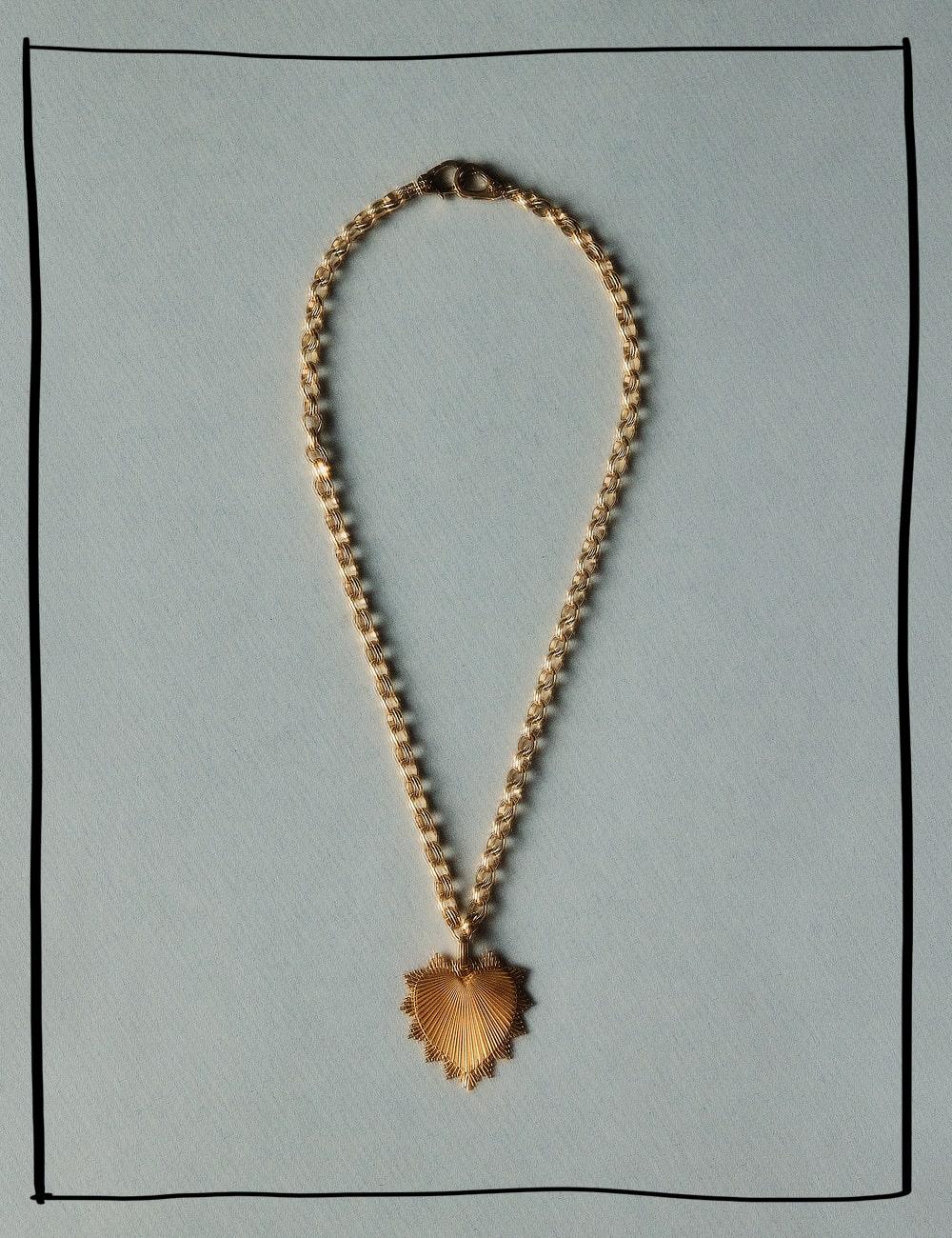
?fmt=auto&qlt=default)



